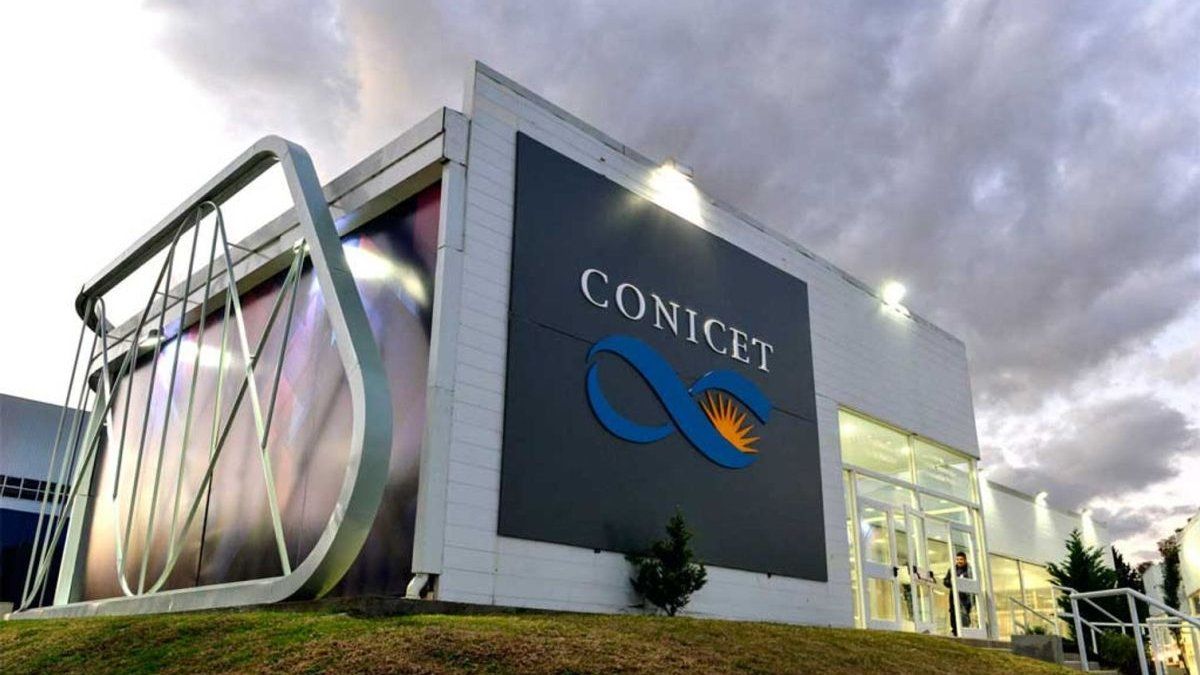The body aims for greater efficiency in the immune response. Jorge Geffner, member of the Conicet of the Biomedical Research Institute, gave details about the investigation.
researchers of the Conicet will advance in the coming months in experimental tests for a vaccine antitumor, after achieving the differentiation of a cell type (dendritic cell) capable of generating a strong immune response in vitro.
Jorge Geffner, Conicet researcher at the Institute for Biomedical Research in Retroviruses and AIDS, gave details about the development of the project: “The novelty of the work was that we were able to obtain dendritic cells from the differentiation of monocytes (as is done in many laboratories) but endowed with a really very high immunogenic capacity; In other words, we were able to obtain cells that display a great capacity to awaken an immune response.”
“On the other hand, these dendritic cells showed a high level of refractoriness against the action of immunosuppressive mediators, that is, resistance against those mediators that suppress the immune response,” he added.
Key cells for the antitumor vaccine
The Conicet specialist emphasized dendritic cells, which drive the development of the immune response: “Dendritic cells are cells found in the body, although they can also be obtained and cultivated in a laboratory, as we do. These cells represent the motor and the brain of the adaptive immune response, they are not just another cell type, hence our interest in them”.
In this way, the adaptive immune response against a tumor or a pathogen requires the activation of T lymphocytes, which “totally dependent on dendritic cells. Dendritic cells are not only essential in order to activate T cells, but also tell them what functional profile to differentiate into and where to migrate.”
Current vaccines introduce into the body an antigen or immunogen, that is, a virus protein. However, this does not generate the immune response, but rather dendritic cells are responsible for giving a response within the body.
Geffner’s innovation together with other specialists, cLike Gabriel Rabinovich and Tomas Dalotto MorenoConicet researchers at the Institute of Experimental Biology and Medicine, is to develop a vaccine that directly contains the dendritic cell already “loaded” with the antigen to be immunized.
However, experts are still cautious: “The trials we have performed had very promising results, but still reflect only trials conducted in vitro. In the coming months we will start a series of tests on experimental models in order to test its operation in vivoagainst different tumors. We expect the induction of a strong anti-tumor response, but this working hypothesis remains to be tested.”





